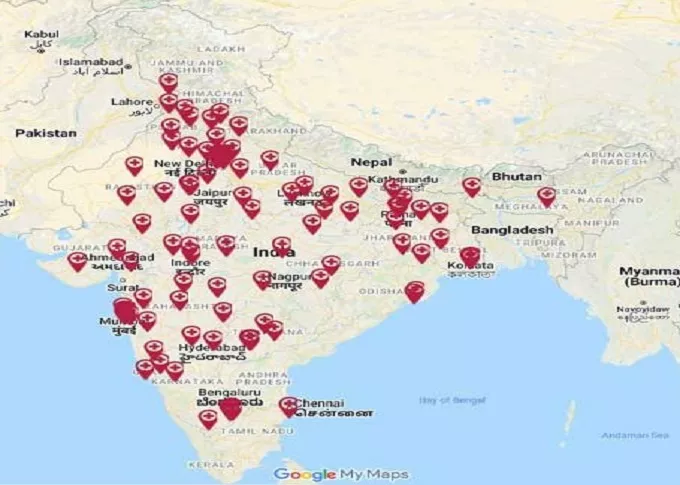- Preparation: After studying the complete medical history, the doctor performs a panel of blood tests to ascertain hormone levels and ultrasound to understand ovarian health. The preparation for egg freezing process takes about two weeks’ time. In general, one egg is released from the ovary per month. When fewer eggs are available for freezing, it is evident that the chances of a successful pregnancy is lower. The preparation begins with the ovaries getting stimulated by using fertility drugs for about a week. This is done by injecting the drug every day to produce several mature eggs at one go, known as superovulation. Simultaneously, through ultrasound the doctor monitors the ovaries to understand if the eggs are ready to harvest.
- Ovum Pickup: After the eggs have developed, its retrieval is performed. The process, ovum pickup, is performed under sedation through the insertion of a needle or through a small abdominal surgery.
- Cryopreservation: Eggs are labelled, placed in containers and then inside cryopreservation tanks that contain liquid nitrogen. The modern process of vitrification makes the process faster. The key to keeping the egg healthy is preventing the formation of ice crystals from forming inside; this can potentially damage the egg structure and is imperative that they are not formed by using different solutions.
- Fertilisation: Later when the female is ready for childbirth ART procedures such as in vitrofertilisation (IVF) or intracytoplasmic sperm injection (ICSI) are performed in which the fertility expert fertilises the egg in a lab, using sperm from the male partner or donor, as the case may be.
- Implantation: Once the process is successful, it develops into an embryo which is then implanted in the uterus about six days later via an ultrasound-guided catheter through the vagina and past the cervix. A surrogate may also be employed in case the female’s uterus was compromised due to cancer treatment.
However, egg freezing does not ensure a childbirth. There are multiple reasons including patient health, age, and quality of frozen eggs at the time of insertion which determines the success of pregnancy through this process.
Factors that impact the success of egg freezing and thawing procedures include:
- Age of women at the time of freezing:Since the production of eggs is more in younger women so the chances of chromosomal abnormalities in those eggs are also less.
- Eggs quantity:When more number of eggs are frozen, the probability of pregnancy becomes higher.
- Quality of sperm: This also is one of the key factor resulting in successful pregnancy as a number of factors such as fertilisation and implantation.
Infrastructure: The clinic where the eggs are frozen and is maintained in good condition within hands of experienced doctor also determines the success rate
Pregnancy Calculator Tools for Confident and Stress-Free Pregnancy Planning
Get quick understanding of your fertility cycle and accordingly make a schedule to track it
Get a free consultation!

© 2025 Indira IVF Hospital Private Limited. All Rights Reserved. T&C Apply | Privacy Policy| *Disclaimer














